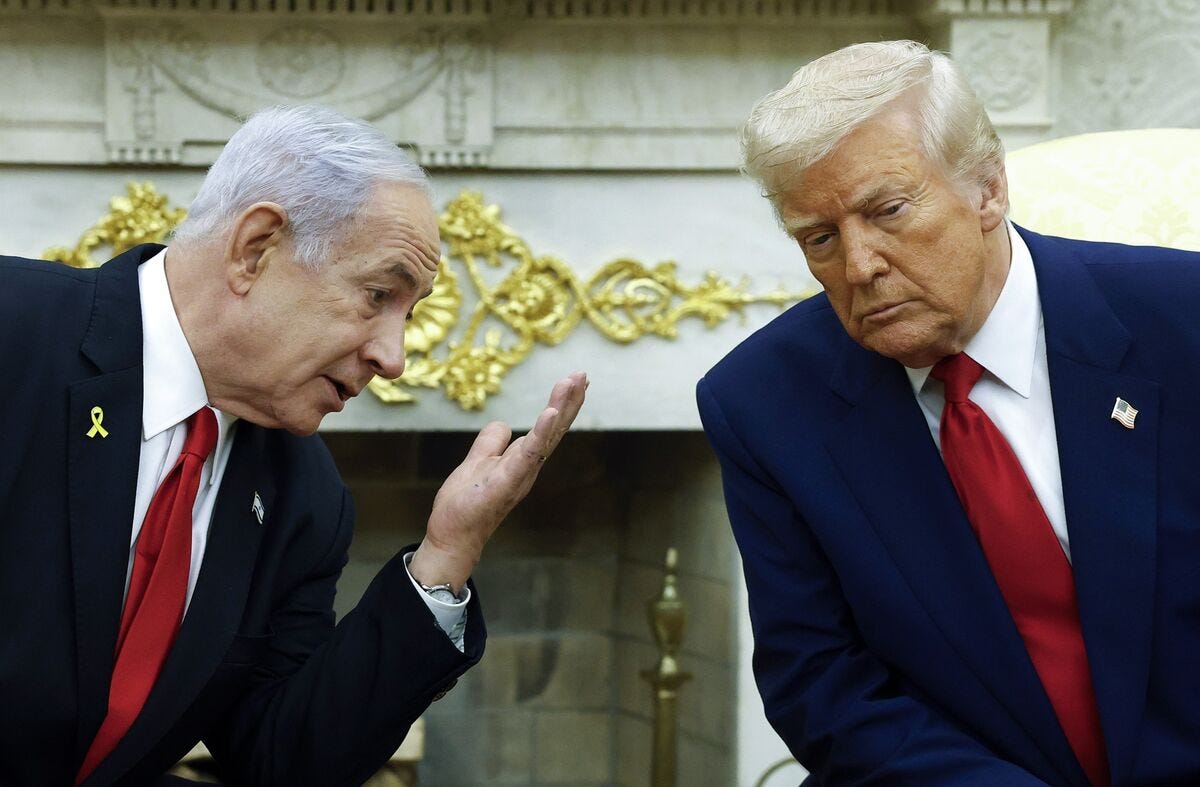FP: Israel’s War Fails Strategically, Iran Emerges More Resilient and Defiant
The war ended swiftly, with no decisive outcome—except for a reinvigorated and more unified Iran. It failed to achieve its strategic objectives and severely compromised Israel’s long-term deterrence.
Iran, PUREWILAYAH.COM — In a searing critique published by Foreign Policy (FP) on Tuesday, Middle East expert and senior nonresident fellow at the Center for International Policy, Sina Toossi, argues that Israel's 12-day military campaign against Iran not only failed to achieve its strategic objectives, but also severely compromised Israel’s long-term deterrence posture.
The war ended swiftly, with no decisive outcome—except for a reinvigorated and more unified Iran.
Attacks Expanded Beyond Military Targets, Aimed to Sow Chaos
The campaign began with a wave of covert operations and drone strikes allegedly assembled inside Iran, followed by sabotage and high-profile assassinations. Conventional airstrikes then targeted key Iranian nuclear and military sites such as Natanz and Fordow.
However, Toossi underscores that the strikes extended far beyond legitimate military targets: residential areas, prisons, media offices, and police stations were also hit—signaling an attempt to ignite internal unrest and destabilization.
According to FP, the human toll was staggering. At least 610 Iranians were killed, including 49 women, 13 children, and five medical workers. Nearly 5,000 were wounded. Several hospitals and emergency response centers were also targeted.
Iran Responded with Measured and Symbolic Precision
Iran retaliated with calculated missile and drone strikes, hitting illegal Israeli settlements and sensitive strategic sites. At least 28 Israelis were killed, over 3,200 injured, and more than 9,000 displaced.
Following U.S. airstrikes on Iranian nuclear facilities, Iran escalated further by targeting the American Al Udeid Air Base in Qatar, dragging Washington deeper into the conflict.
Despite Israel’s claims of damaging Iranian scientific and command infrastructure, FP reports that Netanyahu’s campaign fell drastically short of crippling Iran’s strategic capabilities.
Intelligence suggests that Iran preemptively secured its most sensitive nuclear assets and had already begun constructing a fortified enrichment facility at an undisclosed location.
Iran's Parliament Cuts Ties with IAEA After Ceasefire
Days after the ceasefire, Iran’s parliament passed a bill suspending cooperation with the International Atomic Energy Agency (IAEA).
One lawmaker asked, “Why was our nuclear facility attacked, and the world remained silent? Why did they give a green light for these actions?”
The FP article argues that by attacking nuclear sites while still demanding oversight, Israel and the U.S. may have unintentionally legitimized Iran’s right to a defensive nuclear posture.
Iran’s Strategic Retaliation Highlights Military Maturity
Iran’s retaliation was not only forceful but symbolically targeted. After an Israeli drone attack on an Iranian oil refinery, Iran struck a refinery in Haifa. After strikes on suspected Iranian research centers, Iran hit the Weizmann Institute near Tel Aviv—believed to be a node in Israel’s nuclear research network.
Toossi notes that these retaliations reflected restraint, strategic logic, and military maturity, showcasing Iran’s ability to hit back in kind—without widening the conflict uncontrollably.
Domestic Impact: War Unifies Iran Instead of Weakening It
Rather than collapsing under pressure, Iranian society emerged more united. The war spurred national solidarity, cutting across generations and political divides. From Gen Z activists to athletes and artists, Iranians mobilized in defense of the homeland. Civilians opened their homes to the displaced. The indiscriminate nature of Israeli attacks only deepened collective resolve.
Massive Costs and Limited Gains for Israel
Israel, on the other hand, sustained severe economic and security repercussions. Ben Gurion Airport was temporarily shut down, financial markets wobbled, and over 41,000 compensation claims were reportedly filed. Israel spent over $500 million on U.S.-supplied THAAD missile interceptors alone.
Former Trump adviser Steve Bannon admitted the ceasefire was “necessary to save Israel,” while Donald Trump conceded that “Israel was hit very hard.” In a telling moment, Trump also stated that China would be allowed to buy Iranian oil again, to help Iran “get back into shape.”
Diplomatic Fallout: Iran Gains Leverage Amid Renewed Negotiations
The war broke out just as Iran was re-engaging diplomatically with the Trump administration. Many Iranians had pinned their hopes on newly elected reformist President Masoud Pezeshkian’s promise of diplomacy and economic relief. Instead, they watched their country bombed during peace overtures.
Ironically, the war may have strengthened Iran’s hand in future negotiations. Trump has floated easing sanctions and allowing oil exports to China as part of a deal. Meanwhile, Iranian officials, including Foreign Minister Abbas Araghchi, remain firm: “Iran will never give up this right.”
Netanyahu’s War Exposes Israel’s Vulnerability, Strengthens Iran
Toossi concludes that the long-standing U.S. belief that Iran's government is one crisis away from collapse has been decisively debunked. Rather than weaken the Islamic Republic, Netanyahu’s war has exposed Israel’s own fragility, while galvanizing Iranian nationalism and deterrence.
Far from defeating Iran, Israel’s aggression appears to have deepened Iran’s unity, sharpened its strategic posture, and forced the world to reconsider who truly holds the upper hand in West Asia. (PW)
Source: Al-Mayadeen




